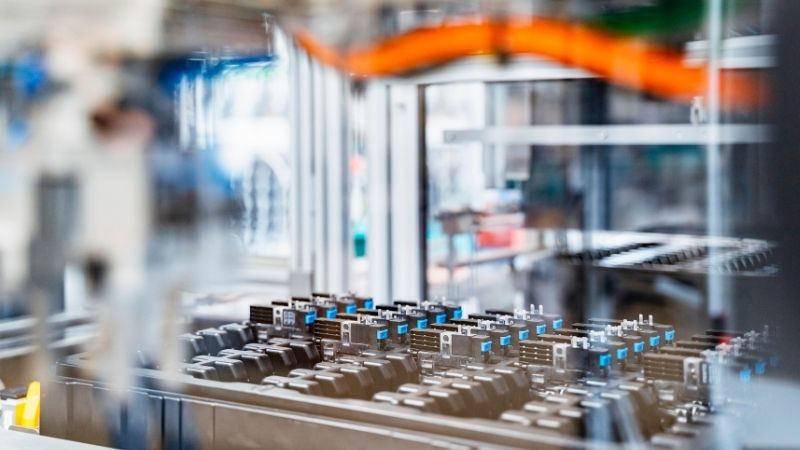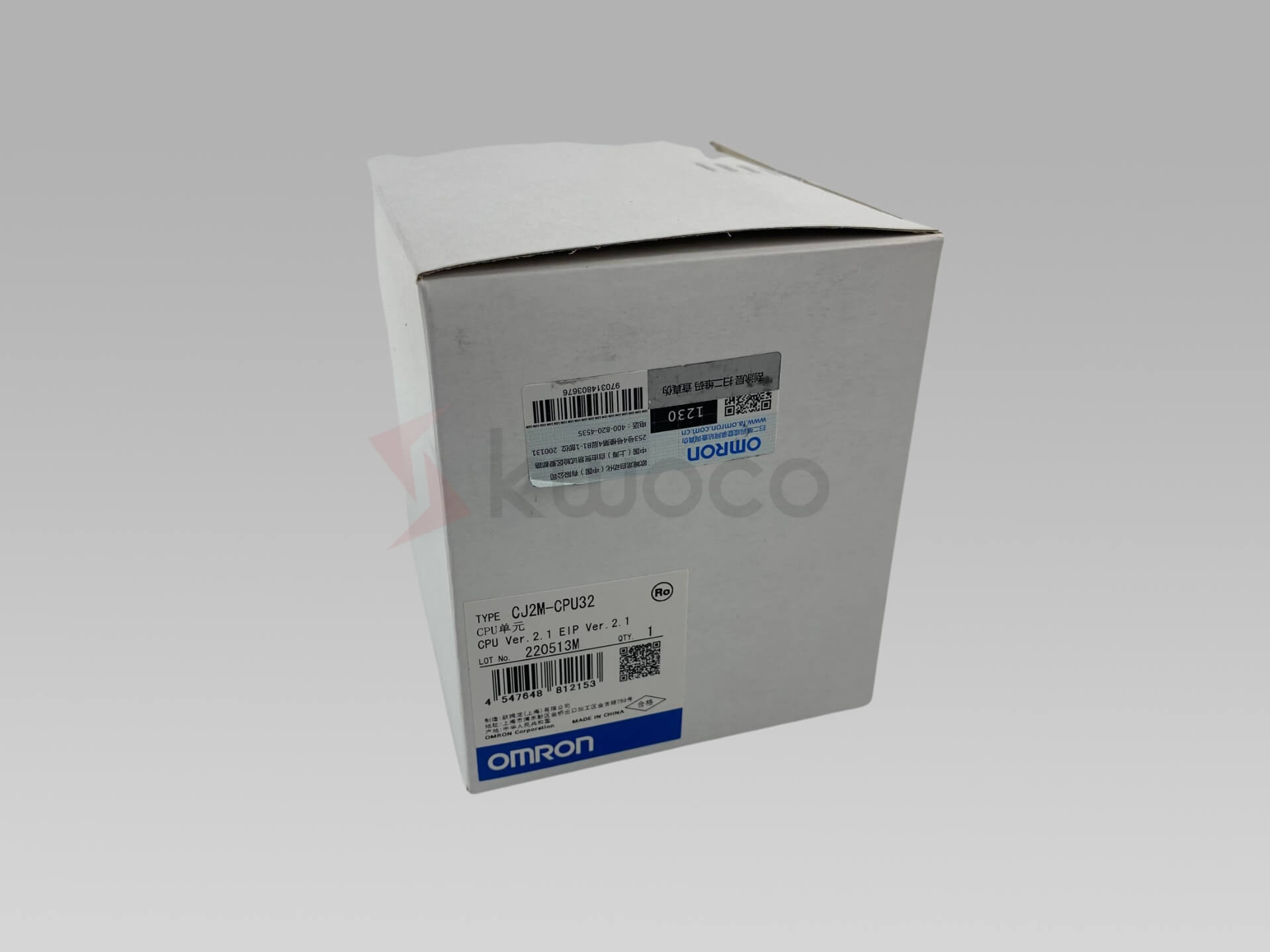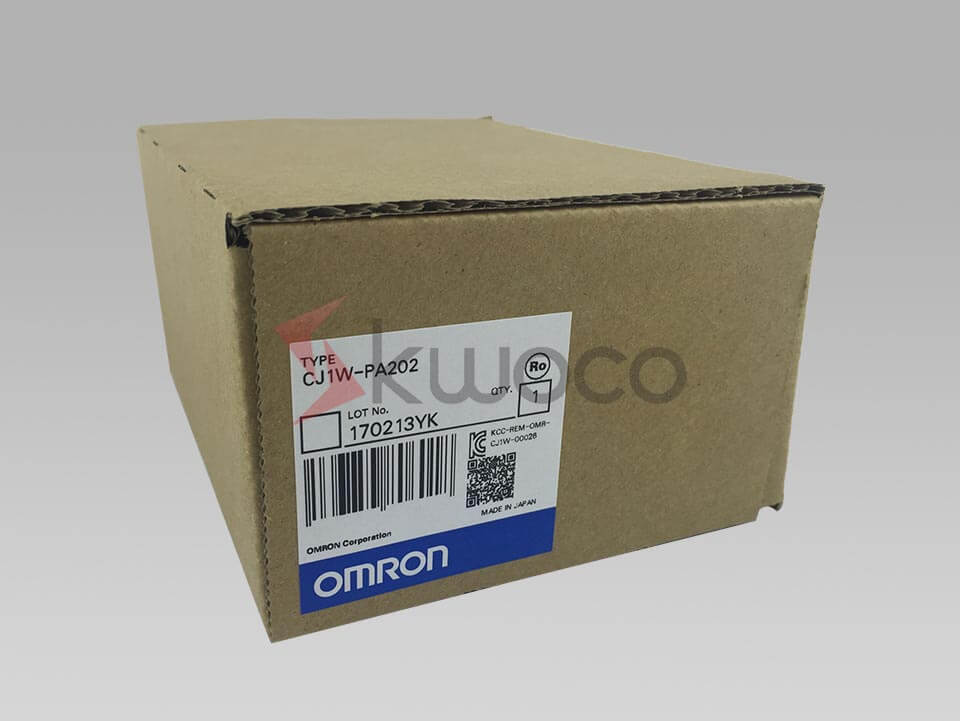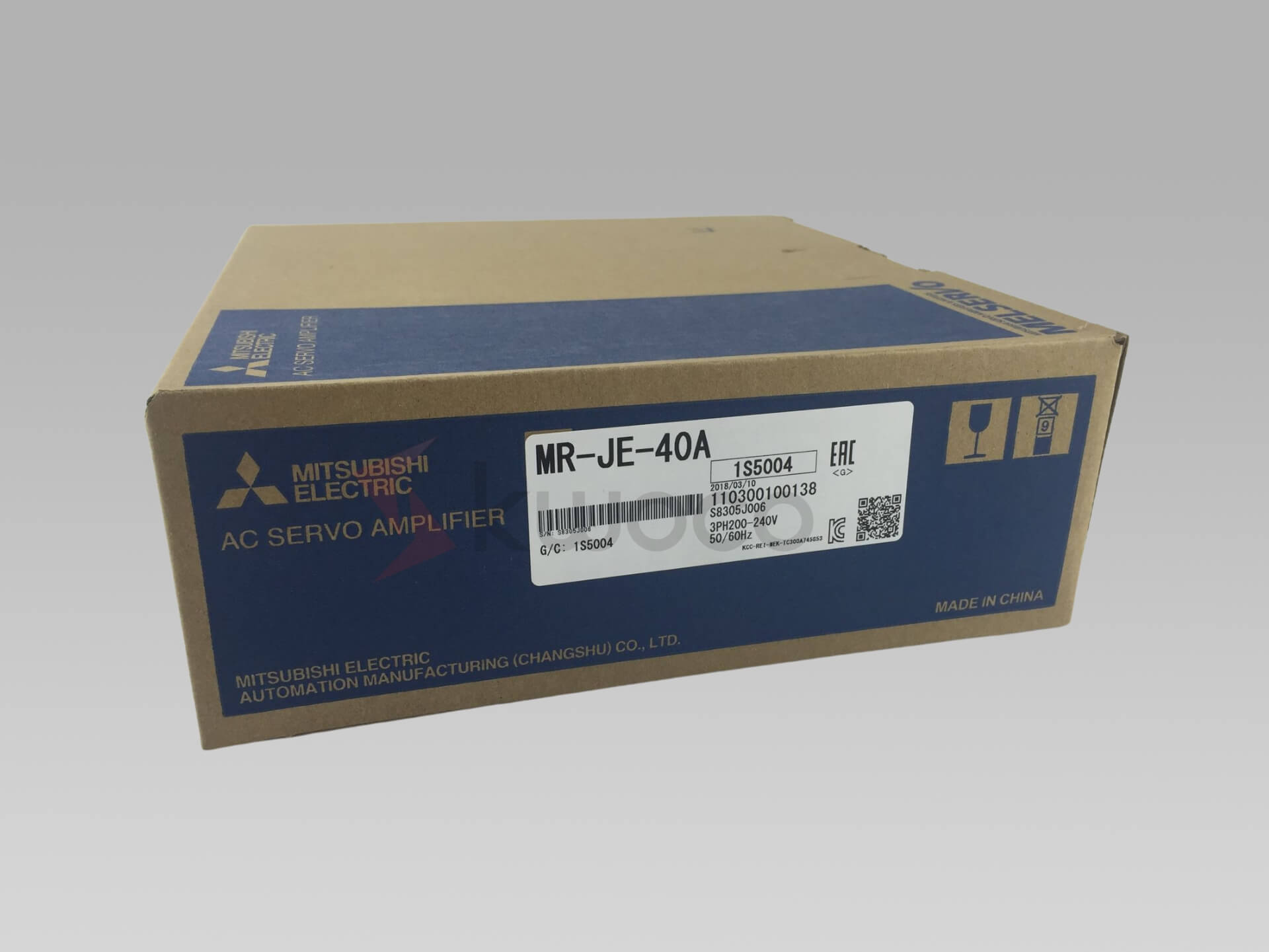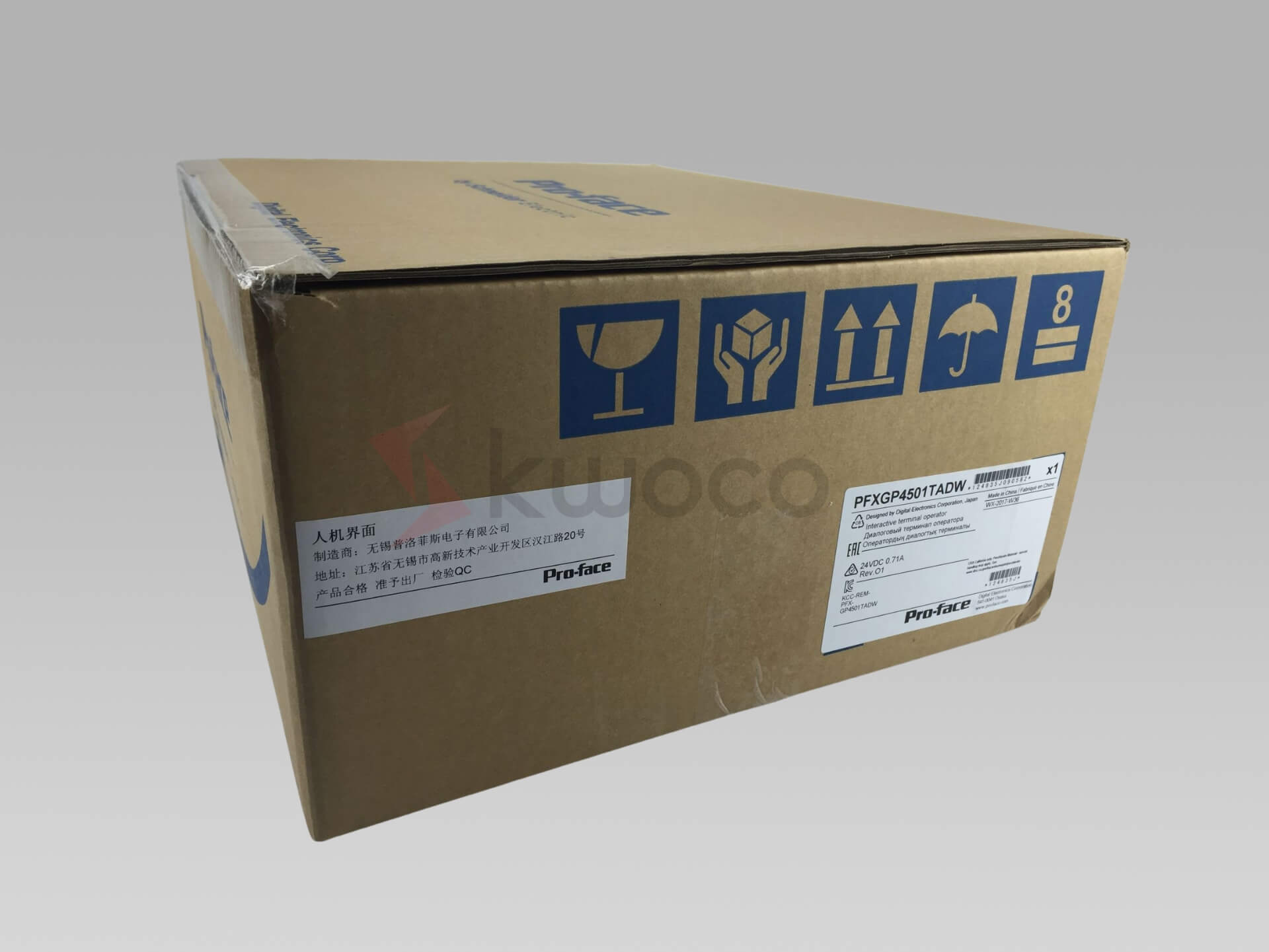Qual é a diferença entre PLC, SCADA e DCS?
CLP, SCADA e DCS desempenham papéis diferentes. Entender suas diferenças ajuda a otimizar seus processos de produção. PLC é um Controlador Lógico Programável usado para controlar operações específicas; DCS é um Sistema de Controle Distribuído adequado para controlar uma fábrica inteira; enquanto SCADA é um software usado para monitoramento e aquisição de dados.
Índice
Entender essas diferenças pode ajudar você a tomar decisões mais informadas e aumentar a eficiência do seu negócio. Vamos nos aprofundar nas funções específicas e cenários de aplicação de cada sistema.
O quanto você entende de PLC, SCADA e DCS?
CLP (Controlador Lógico Programável)
Um PLC é um dispositivo de computador digital projetado especificamente para automação de processos industriais. Ele controla dispositivos de saída conectados por meio de programas de entrada e é amplamente usado em aplicações de média a grande escala. PLCs são normalmente usados em sistemas com menos pontos de entrada e saída, adequados para controlar centenas de entradas e saídas.
DCS (Sistema de Controle Distribuído)
Um DCS é um sistema dedicado usado para processos de fabricação contínuos ou em lote. Ele consiste em vários PLCs poderosos que podem controlar todo o processo de automação da fábrica. Quando os PLCs sozinhos são insuficientes para atender às demandas de controle de todo o processo de automação, um DCS se torna essencial, pois suporta mais entradas e saídas.
SCADA (Controle de Supervisão e Aquisição de Dados)
SCADA é um software de design usado para sistemas de controle industrial. Ele permite que os operadores visualizem todo o processo por meio de uma interface gráfica e acessem e controlem remotamente os módulos de controle locais. Por exemplo, Omron PLC usa o CX-Supervisor como seu software SCADA, enquanto a Mitsubishi PLC usa o Uniware.
Os sistemas SCADA não apenas monitoram os parâmetros do processo de toda a fábrica, mas também permitem que os usuários alterem valores predefinidos, possibilitando um controle mais flexível.
Mais perguntas relacionadas
O que é mais adequado para pequenas e médias empresas: PLC ou DCS?
Para pequenas e médias empresas, PLCs são geralmente mais adequados porque são econômicos e fáceis de implementar. Por outro lado, DCS é ideal para grandes empresas que exigem sistemas de controle altamente integrados e complexos.
Quais são as principais vantagens dos sistemas SCADA?
As principais vantagens dos sistemas SCADA estão em suas poderosas capacidades de aquisição e monitoramento de dados. Eles podem monitorar todo o status operacional da fábrica em tempo real, melhorando a velocidade de resposta e a eficiência da tomada de decisões.
Como manter e cuidar de PLCs?
Para garantir a operação estável dos PLCs, verifique regularmente a fonte de alimentação e as portas de conexão, atualize as versões do software, faça backup dos programas imediatamente e mantenha o ambiente do equipamento limpo para evitar que poeira e umidade afetem o PLC.
Como é garantida a segurança dos sistemas SCADA?
A segurança dos sistemas SCADA pode ser garantida pela implementação de estratégias de proteção multicamadas, incluindo firewalls, comunicações criptografadas, controles de acesso e auditorias de segurança regulares. Essas medidas ajudam a prevenir acesso não autorizado e potenciais ataques cibernéticos.
Quais fatores devem ser considerados ao escolher um DCS?
Ao selecionar um DCS, considere a escalabilidade, a compatibilidade, o suporte do fornecedor, o tempo de resposta e a estabilidade do sistema para garantir que ele possa atender às necessidades de produção atuais e futuras.
Potencialize seus projetos com PLC Omron, Mitsubishi, Schneider novos e originais – em estoque, prontos agora!
Conclusão
Entender as diferenças entre PLC, SCADA e DCS é essencial para otimizar os processos de automação industrial. Escolher o sistema certo pode não apenas aumentar a eficiência da produção, mas também garantir qualidade e confiabilidade. Se você tiver alguma dúvida, sinta-se à vontade para entrar em contato conosco em [email protected]. Estamos comprometidos em fornecer a você suporte técnico profissional e soluções.
Contate-nos
Basta preencher seu nome, endereço de e-mail e uma breve descrição de sua consulta neste formulário. Entraremos em contato com você em até 24 horas.
Você também pode achar esses tópicos interessantes
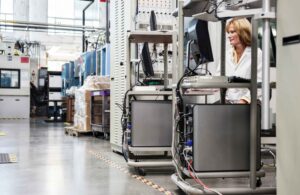
Masterização do Studio 5000 e RSLogix 5000 para automação
Descubra como o Studio 5000 Logix Designer e o RSLogix 5000 estão revolucionando a automação industrial. Este guia perspicaz desmistifica essas ferramentas poderosas, tornando-as acessíveis a todos, especialmente aqueles que são novos na programação de PLC ou que buscam atualizar suas habilidades.
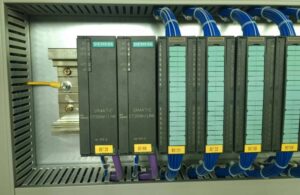
A distinção básica entre PLCs de grande e médio porte
Por muito tempo, a indústria de CLPs utilizou a contagem de pontos de E/S como requisito para diferenciar CLPs de médio e grande porte. No entanto, no cenário atual de automação de instalações, a capacidade de E/S não é mais o fator determinante. A verdadeira diferença depende da tecnologia de redundância e do design de confiabilidade.
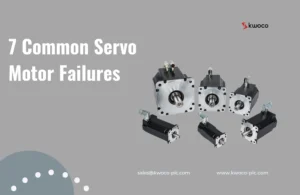
7 falhas comuns de servomotores
7 falhas comuns em servomotores Como engenheiro experiente com vasta experiência em automação industrial, já vi minha cota de

